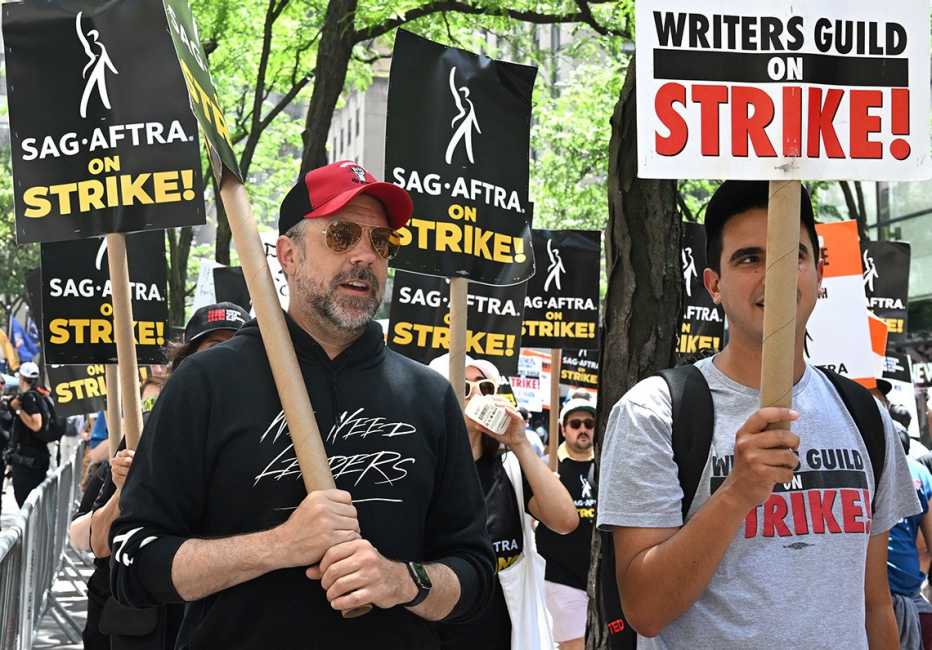AARP Hearing Center


The Hollywood actors union SAG-AFTRA voted July 13 to join the strike that the 11,500 members of the writers union WGA launched in May. For the first time since Ronald Reagan headed the striking actors union 63 years ago, two Hollywood unions have gone on strike together.
Here’s what’s happened, and what it means for you, the viewer:
Why the people who write the shows you watch have gone on strike
A WGA member survey found that writers’ pay has plunged 14 percent in five years, and writer-producers earn 23 percent less than 10 years ago. Some say their earnings have been cut in half. Their income will likely plummet more soon, thanks to technology and a grim economy. Some writers have already moved back in with their parents.
“When [Netflix CEO] Ted Sarandos is making $50 million, the optics are so bad,” says Chapman Film School Dean Stephen Galloway. “It’s also about respect. A lot of writers really believe that the companies that make the shows really want to shut down the Guild.”
Why the movie and TV actors are joining them
They want better pay, compensation when their hits are profitable and protection against the menace of AI, which could replace actors.
“I cannot believe it, quite frankly, how far apart we are on so many things,” said SAG-AFTRA president and The Nanny star Fran Drescher in a fiery speech, “How they plead poverty, that they’re losing money left and right when giving hundreds of millions of dollars to their CEOs. It is disgusting. Shame on them. They stand on the wrong side of history.”






































































More From AARP
AARP’s Best TV Shows of 2023 (So Far)
12 of our top sitcoms, crime shows, historical epics and film-noir whodunits
Summer TV Preview: 18 Shows You Won’t Want to Miss
The best viewing, from networks to Netflix
Your Ultimate Guide to This Summer’s Best Movies
Don't miss these upcoming films in theaters and streaming